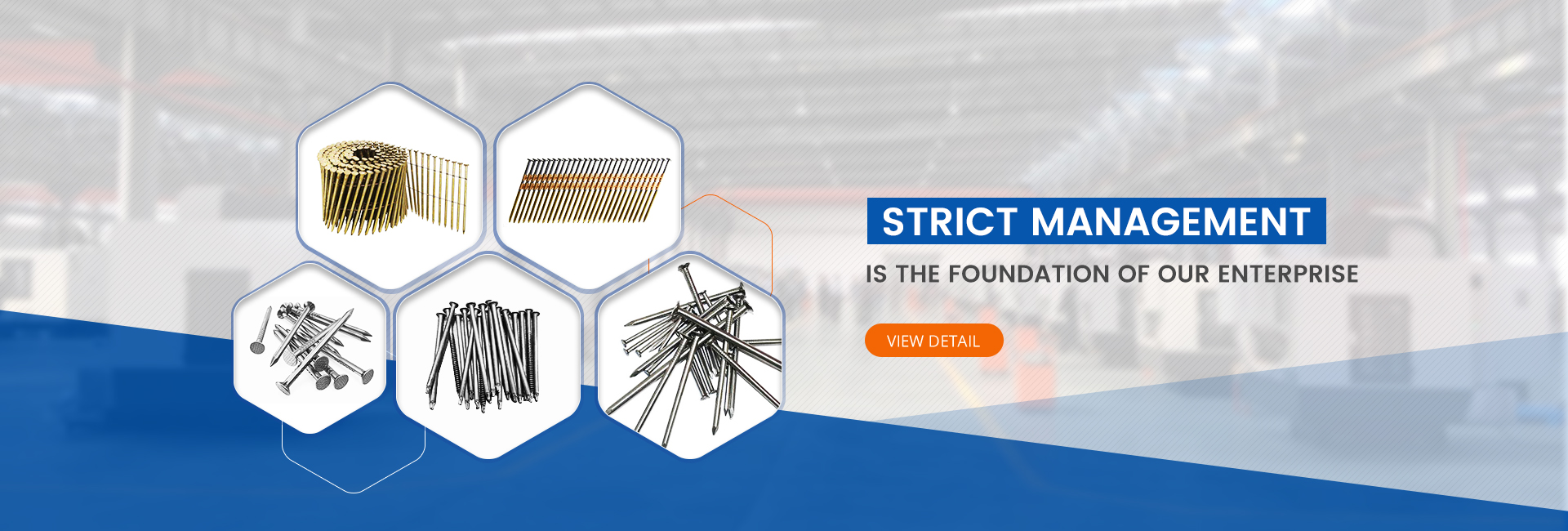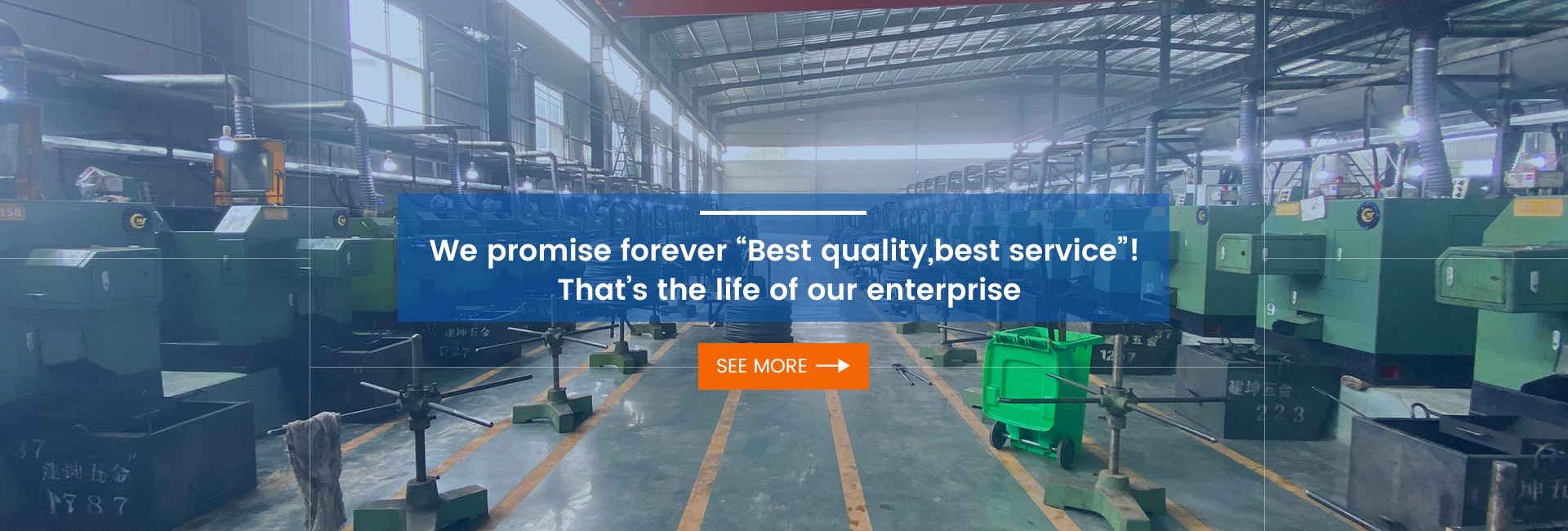Once coil nails are discharged from the production line, they immediately enter the first stage of quality verification. This process is essential for ensuring consistency, reliability, and performance across every coil manufactured. At this stage, manual inspection plays a critical role in identifying any variations that may affect the stability or usability of the finished product.
Each freshly produced coil nail is carefully examined by trained personnel. Inspectors focus on several key parameters, beginning with the overall winding structure. The coil must maintain tight and uniform spacing to ensure smooth feeding in high-speed pneumatic nailers. Any irregularity in spacing, winding tightness, or alignment can lead to tool jamming or firing interruptions during application. Therefore, the structural condition of every coil is evaluated with strict precision.
Another essential aspect of this inspection involves examining the welding points. During production, the nails are joined by copper-coated wire through high-frequency welding technology. Inspectors check whether the welding points are solid, evenly distributed, and free from defects. Proper welding guarantees that the coil maintains its integrity throughout handling, transportation, and use. Weak or inconsistent welds may cause the coil to loosen, break apart, or fail during continuous firing operations.
Surface quality is also a focus of this inspection stage. Inspectors observe the nail shank, head, and point to confirm that the coating is uniform and that the surface is free of rust, scratches, excess glue, or visible imperfections. Maintaining a clean and consistent surface finish not only improves appearance but also enhances corrosion resistance and long-term durability, especially for nails used in outdoor or high-moisture environments.
Dimensional accuracy, such as nail length, wire diameter, and head size, is checked to confirm compliance with production specifications. These measurements ensure compatibility with major brands of coil nailers used globally in construction, pallet manufacturing, siding installation, and woodworking industries.
This initial manual inspection forms the foundation of a broader quality assurance system. After passing this first stage, the coil nails move on to further examinations, including mechanical testing, packaging verification, and random sample checks. By combining automated production with rigorous manual evaluation, the manufacturing process ensures that each coil meets industry standards and customer expectations.
Through a disciplined and comprehensive quality control framework, the factory delivers coil nails that perform consistently, withstand demanding applications, and support efficient, uninterrupted operation on job sites around the world. Quality is not simply a requirement—it is a commitment upheld throughout every stage of production.
Post time: Nov-17-2025



